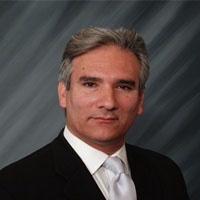Grand Rapids Criminal Lawyer, Michigan
Sponsored Law Firm
-
 x
x

Click For More Info:
-
Boyer Law Group
43805 Van Dyke Avenue Suite A Sterling Heights, MI 48314» view mapAccident & Injury Law Seasoned. Successful. Supportive.
Through detailed research, extensive preparation and a winning strategy developed for each client, our attorneys are fully committed to successfully resolving legal issues.
800-942-1270
Thomas B. Baynton
✓ VERIFIEDAt the Law Office of Thomas Baynton PLLC, Thomas Baynton is an experienced attorney serving the people of West Michigan. If you have been charged with... (more)
John M. Danian
✓ VERIFIEDAt Danian Law Office, PLLC, we know how stressful a legal conflict can be. Whether you are facing anything from criminal charges to a civil lawsuit, t... (more)
Akiva Goldman
✓ VERIFIED(866) 666-2889 - CALL NOW! FREE CONSULTATION - Mr. Akiva Goldman is the managing partner of Goldman & Associates and a member of the State Bar of Mich... (more)
FREE CONSULTATION
CONTACTFREE CONSULTATION
CONTACTFREE CONSULTATION
CONTACT William G. Boyer Sterling Heights, MI
William G. Boyer Sterling Heights, MI Practice AreasExpertise
Practice AreasExpertise



